Ask Ethan # 17: The burden of proof
- Transfer

Do not waste your time on introducing yourself to those people who have set out to misunderstand you.
- Dream Hampton
Perhaps no other word creates so much misunderstanding as the word "theory." In scientific circles, this word has a very specific meaning, which is different now for everyday use. As a theoretical astrophysicist, I feel that I must explain what we mean by using it.
The reader asks:
I often meet the opinion that if something does not have “100% evidence”, then it cannot exist. My question is, is it true that "just because we do not have one hundred percent proof of something, does this not mean that this cannot be true"?
Of course, you can answer briefly:
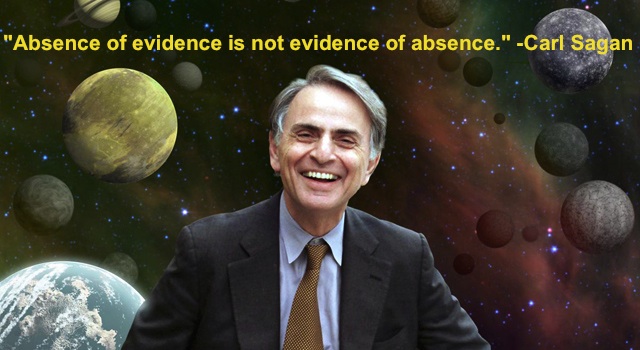
The lack of evidence is not proof of absence. - Karl Sagan
But this does not mean that everything can be considered true, even in the absence of evidence. From a scientific point of view, this sentence means that if you want to confirm or disprove a theory, you need to derive specific and unique predictions from it, and test them.
But first, let's define what I mean by saying “theory” - because when I use this word, I mean something very specific, and, most likely, its meaning is different from what you are used to .

Knowledge is based on simple and straightforward facts that speak about our reality. If I set up the system in a certain way, take specific measurements using a specific method and a set of tools, I will get the result. If I repeat the experiments many times, I will get a set of results. If I look at the results of a similar phenomenon, at experiments and at natural phenomena that will be repeated many times, I will get an even more reliable set of data.
So begins the knowledge.
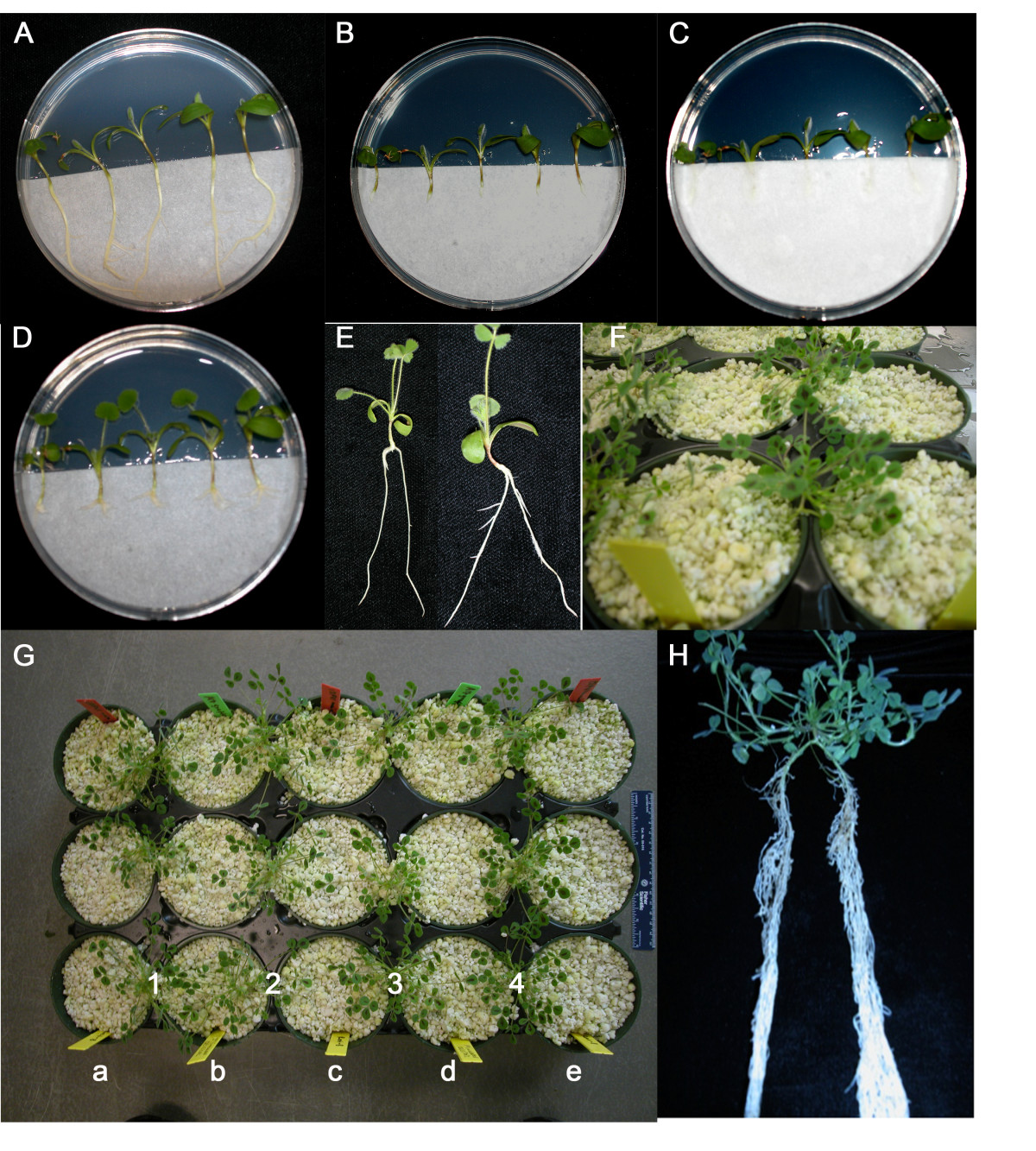
Then we start to think about the data, and start to notice something.
If we take a sealed balloon filled with air and let it go under water, its volume will decrease. But its volume will decrease in a certain way: if you double the pressure around it, its volume will decrease by 2 times. When you notice such connections, - or empirical correlations between different parameters and system variables - you move to a more advanced state of knowledge - the formulation of scientific laws.
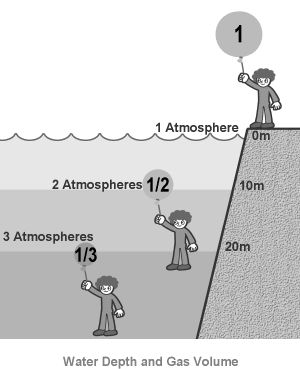
Scientific laws tell you what will happen under certain conditions, but they have not yet reached the state of scientific theory. Scientific theory is an even more advanced thing than laws: it postulates an explanation and mechanism from which these laws are derived. Here is the power of science.
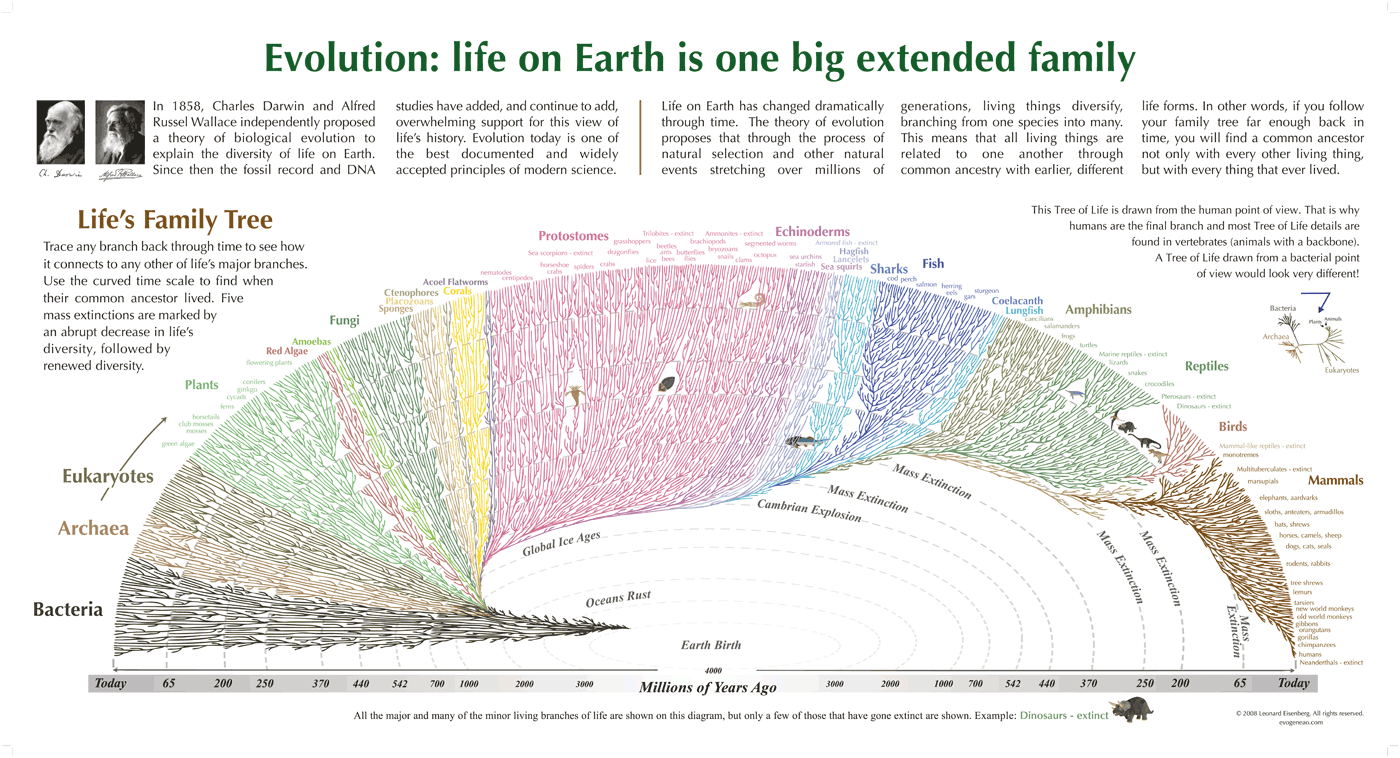
With the change of generations, living organisms give rise to the next generation of living organisms - this is data.
The following organisms turn out to be measurably different from their predecessors - this is the scientific law of evolution.
The mechanism behind this is that organisms have information about their properties, encoded in their DNA, that DNA mutates, and, in the case of sexual reproduction, combines the DNA of their parents to create offspring DNA, and that the least adapted organisms die out scientific theory.

Scientific theories are the most profound and powerful explanations of how scientific progress occurs. Transmission of diseases by microorganisms is a theory; biological evolution is a theory; the atomic theory of matter is a theory, and the theory of gravity is a theory.
Answering your question, I will say that you can never find 100% proof of the theory. One hundred million successful tests and observations can not prove the theory - they can confirm the theory, they can demonstrate the vitality of the theory, but the only contradictory and reproducible observation can show that the theory is not correct in all cases. And this should be true for all theories - they have a scope and outside this area they no longer work.
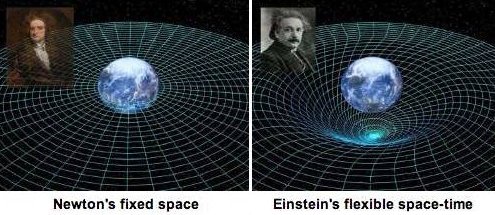
Newton's theory of gravity, suitable in a huge variety of cases, but its performance ends when it encounters very strong gravitational fields, very short distances and speeds that are very close to the speed of light. And, as often happens, it was replaced by an even better theory: Einstein's general theory of relativity, which includes the scope of the Newtonian theory, and expands to these special cases. Although she has her limitations. Attempts are now being made to expand this theory, although it would be more correct to call these attempts hypotheses, and to raise them to the rank of theories when they are confirmed by experiments and observations. But this does not mean that everything that is presented as a scientific theory is confirmed or even needs to be considered seriously.
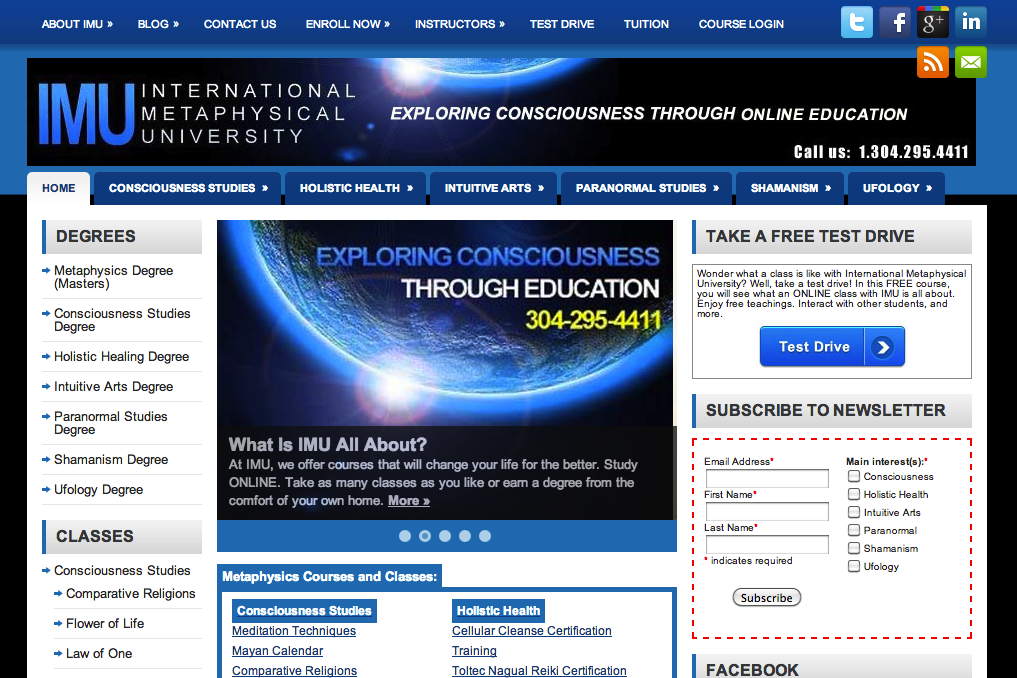
To support your reasoning you need data. You need laws and correlations to build a theory based on them. You need a hypothesis or an idea of how they fit together, and how this can all be explained by fairly simple principles. And only when you have enough evidence and enough tests and confirmed predictions, can you justly call your idea a theory.
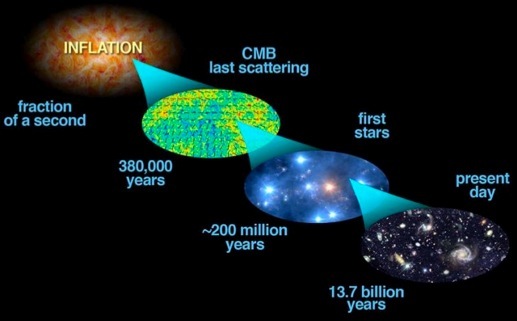
Of course, it is wrong to say that: “just because you do not have 100% evidence, this does not mean that this cannot be true or cannot exist.” Several of today's best theories have remarkable predictions that have yet to be confirmed: the general theory of relativity predicts gravitational waves, which we have not yet discovered. The theory of dark matter predicts the existence of new particles in the universe, which we have not yet found in terrestrial laboratories. The theory of abiogenesis suggests that life comes from lifeless, although we have not yet been able to create life from lifeless on our own. The burden of proving the idea that one wants to build up to the state of theory is very serious. The famous supersymmetry and the string theory connected with it would be correct to call hypotheses, not theories,

So, although it is true that lack of evidence is not proof of absence, there is a burden of proof that needs to be fulfilled before we turn an idea or hypothesis into a scientific theory. But when we do this, we will begin to take her predictions very seriously, and we can expect that there is not only probability, but also the possibility that these new predictions, even those for which no evidence has yet been received, may be correct - in spite of all assumptions.
